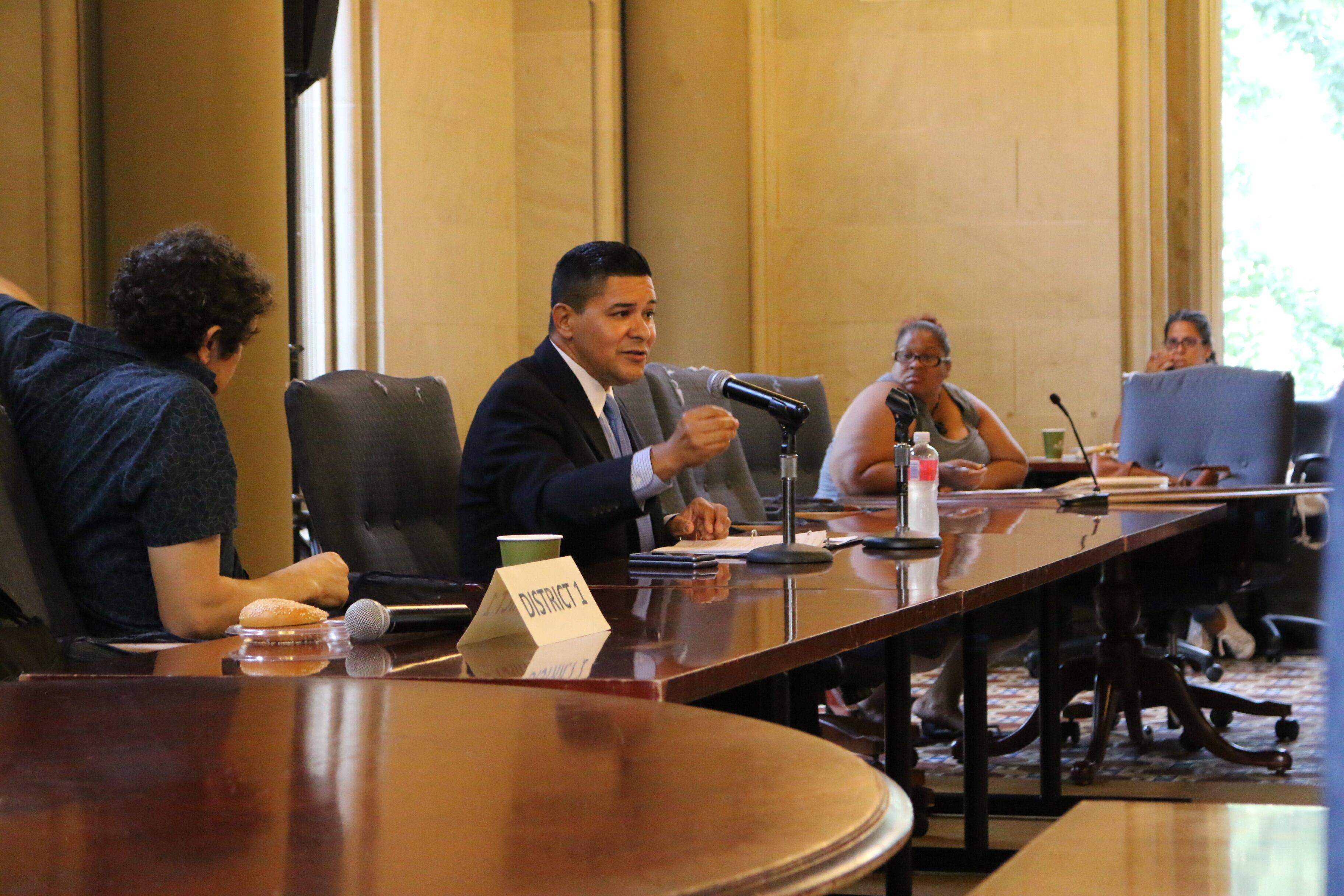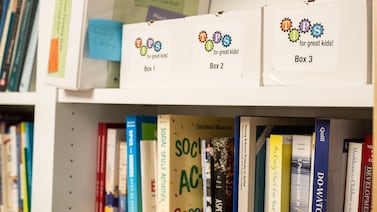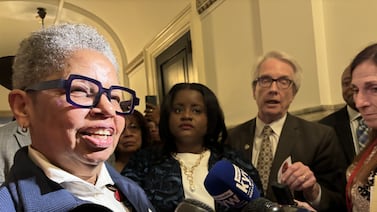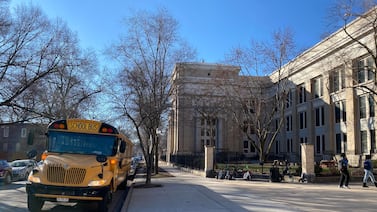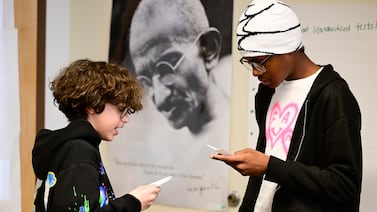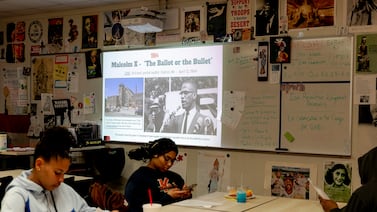Thousands of families who are anxiously waiting to learn how competitive school admissions will work in the coronavirus era will have to wait a little longer.
Schools Chancellor Richard Carranza told parent leaders on Thursday that information about applying to gifted programs and middle and high schools will not be available until next month, even though officials had promised to reveal admissions criteria over the summer. That could leave families with just over 30 days between learning about how the admissions process will work and the current Dec. 4 deadline to apply to high school.
“There’s going to be nothing before mid-October, end of October,” Carranza said. “I just have to be honest: All hands [on] deck are making sure our schools are safe and we have a safe opening.”
New York City is home to the nation’s largest concentration of middle and high schools that are allowed to screen students, meaning they use admissions criteria such as grades, state test scores, and attendance to determine who gets in.
But due to the coronavirus pandemic, the city did away with traditional grading last school year and banned schools from using attendance records for admission decisions, in part to keep students from going to school sick before buildings shut down. Meanwhile, state tests were canceled.
That has left a pressing question for thousands of families: How will the city determine who gets into competitive schools and whom will those new rules benefit? The decision could have profound equity implications, as the screening process is a significant contributor to school segregation.
Some parents have pushed for using student records from the year before the pandemic hit to make decisions, relying on data from third-grade for middle school admissions and sixth grade for high school. Others have said that wouldn’t be fair and department officials have released data that shows students’ academic records in earlier grades are not as predictive of later academic success.
“I’m hearing from families every day who want some information because it’s so stressful not to know,” said Elissa Stein, who runs a business that helps families navigate the public high school admissions process. “It’s been a complete black hole.”
It’s also unclear how the sole test that determines admission to eight of the city’s specialized high schools will work, given that it is historically administered in person. Carranza indicated that information about specialized high school admissions will not be available until late October.
State law requires admission to those schools be governed by a single test, which has led to few Black and Hispanic students gaining admission. Carranza and Mayor Bill de Blasio have unsuccessfully pushed to scrap the test.
In a typical year, the middle and high school admissions process would have kicked off already, with schools holding open houses, information sessions, and scheduling interviews and tests that can be required for admission.
The city also typically holds borough-based high school fairs, where schools set up tables and answer questions from prospective families. The education department’s website indicates that those will occur on two weekends in October, however a separate calendar on the website does not include any information about those fairs. “Due to the ongoing pandemic, we encourage you to visit schools’ websites or inquire about virtual opportunities to learn more about them,” the website says.
Katie O’Hanlon, an education department spokesperson, said the city is reviewing the high school fair dates and they are subject to change. She added that the city has heard from a range of people, including parent leaders and educators, about how to craft an admissions policy and will incorporate that feedback.
“Given current public health guidance, we are exploring ways we can support safe, appropriate and enriching engagement opportunities for prospective students and parents, such as virtual events, for the next admissions cycle,” O’Hanlon wrote.
Stein, the admissions consultant, wondered whether schools would have enough time and capacity to come up with virtual alternatives and publicize them to families.
“There will hopefully be some way for prospective students to get to know the school,” she said. “That’s a big ask for schools that are already stretched too thin.”


